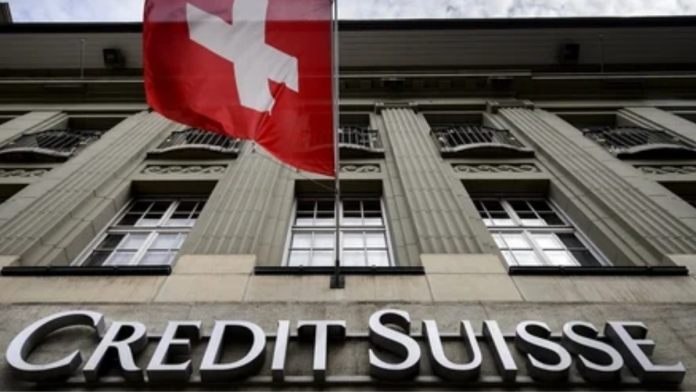In a new twist to one of the biggest banking stories in recent years, Switzerland’s financial regulator, FINMA, has announced that it will appeal a court decision overturning its order to wipe out billions of dollars in Credit Suisse bonds. The case has reignited debate about how the country handled the dramatic fall of one of its most famous banks.
The story began in March 2023, when Credit Suisse, one of Switzerland’s largest and oldest banks, began to collapse under severe financial pressure. Investors were losing confidence, and people were rapidly moving their money out of the bank.
Swiss authorities arranged an emergency rescue deal to prevent the crisis from spreading, resulting in the takeover of Credit Suisse by its rival UBS.
Controversy Over the Bond Write-Off
As part of that rescue plan, FINMA ordered the complete write-off of “Additional Tier 1” (AT1) bonds — a type of risky investment designed to absorb losses in times of financial trouble. The total value of these bonds was 16.5 billion Swiss francs, or roughly $20.5 billion. This move was meant to help stabilize the bank and make the rescue deal possible.
However, the decision stunned global markets and investors. What shocked many was that bondholders lost everything, while shareholders still received some payment during the takeover — a reversal of the usual order of who gets paid first when a bank fails.
Lawsuits quickly followed, questioning whether FINMA had the legal right to make such a decision.
Money-laundering storm engulfs Toronto-Dominion Bank, shaking Canada’s image of financial stability
Court Rules Write-Off Was Unlawful
This week, the Swiss Federal Administrative Court ruled that FINMA’s 2023 decision to erase the AT1 bonds was unlawful. The court’s ruling marked a major victory for investors who had lost their money in the Credit Suisse collapse.
The judges stated that the financial regulator’s order went beyond its legal powers and that the bondholders’ rights had been violated. This ruling now paves the way for investors to potentially recover some of their losses, albeit the precise process and amount remain uncertain.
The decision has also raised serious questions about how Swiss authorities handled the Credit Suisse crisis. Many analysts say that FINMA’s action disrupted the usual structure of financial recovery.
The news of the court’s ruling quickly spread through financial markets and revived discussions about trust and transparency in banking regulation. Many observers believe the case could influence how future bank rescues are managed — not just in Switzerland, but globally.
However, despite the ruling, experts have pointed out that bondholders may not recover the full 16.5 billion francs. This is because the value of the bonds had already dropped before Credit Suisse’s final collapse. Still, for many investors, the court’s judgment represents an important acknowledgment that the regulator’s actions were questionable.
Email Controversy: Meta’s Shareholders Push for Punishment Over Deleted Records
FINMA Defends Its Decision
Shortly after the ruling, FINMA confirmed that it would appeal the court’s decision to the Swiss Supreme Court. The regulator said it continues to believe that its actions were justified and taken in the best interest of financial stability.
According to FINMA, the write-off of the AT1 bonds was part of a broader rescue package aimed at saving Credit Suisse and preventing a chain reaction across the global banking system. The regulator emphasized that the merger between Credit Suisse and UBS required “extraordinary state support measures”, and without the write-off, the deal might not have gone through.
In its statement, FINMA said that the AT1 write-down was essential to stabilize Credit Suisse during its final days and ensure that UBS could take over quickly. The regulator also stressed that its decisions were made in line with the special emergency powers granted by the Swiss government during that period.
The appeal means that the case is not over yet. The Swiss Supreme Court will now have the final say on whether FINMA’s 2023 action was lawful. This step is seen as crucial, as it will determine not only the fate of the bondholders but also set a precedent for future financial crises in Switzerland.
Even though analysts expected FINMA to appeal, the move still adds more uncertainty to an already complex case.
As the legal battle continues, the case remains a key reminder of the turmoil that swept through the banking world in 2023. The collapse of Credit Suisse and the emergency takeover by UBS marked one of the most dramatic moments in modern banking history.


